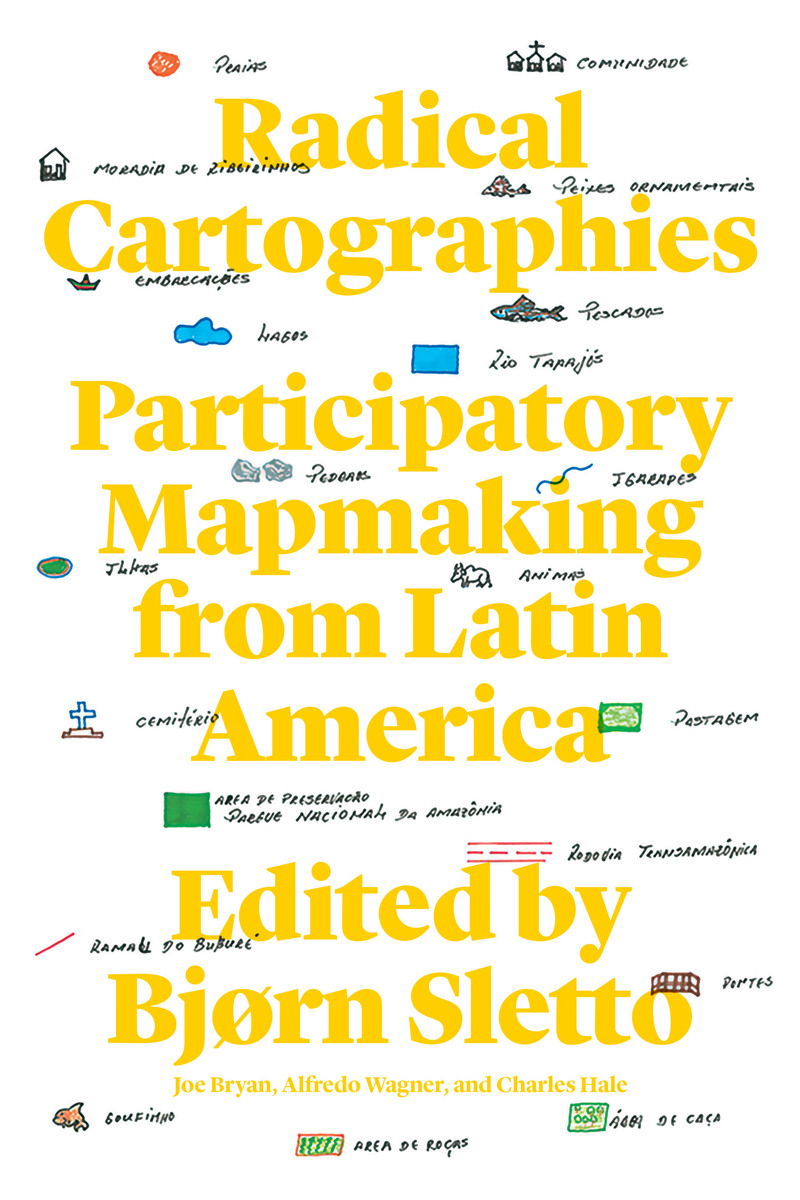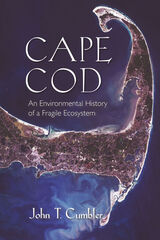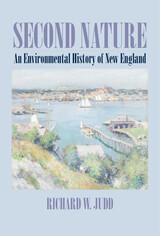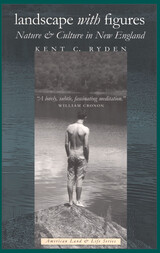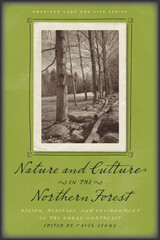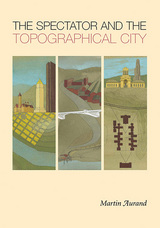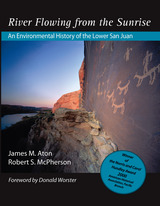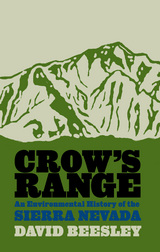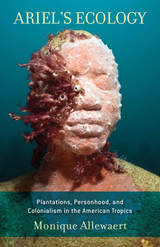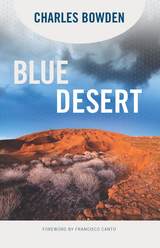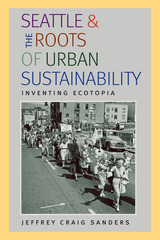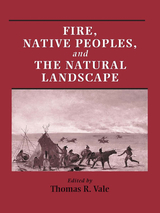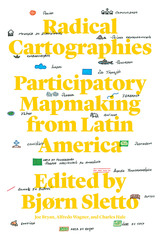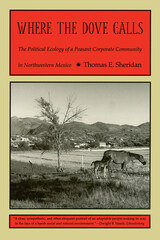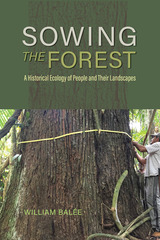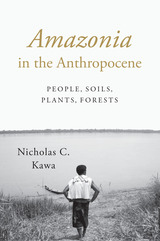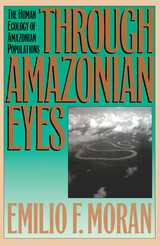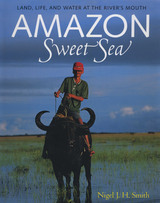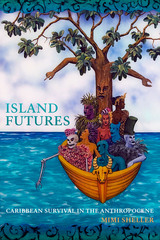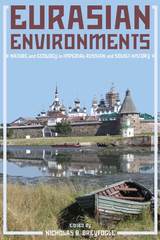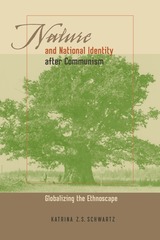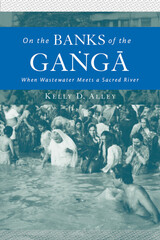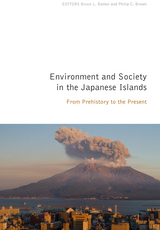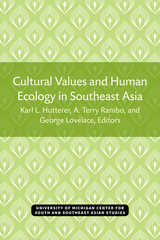[Radical Cartographies] succeeds magnificently...The stories are direct, clear, and well-translated, unfloriated by intellectual language...Community participatory mapping in the global South was first brought to wider academic attention in the 1990s. The 'decolonialised cartographies' in this book develop the vision: they demonstrate the authenticity of local authorship, the cultural authority, and the political framing. They deserve an attentive audience.
— Society & Natural Resources
This book’s work is a model of how community-based mobilizations can be connected with university spheres and how they can work together to lead necessary research that creates both scholarly and social, political, ethically-engaged contributions to complex issues on the ground...Those who guide each mapping project and share their rich and original insights with us are often under very direct threat. Their risks they face emphasize that consent and control over the research process and outcomes are crucial at every step. This book is a resounding affirmation of those principles and a real beacon for radical participatory mapmaking projects for social justice throughout the world.
— Antipode
[Radical Cartographies] contains seminal research on how native and Afro-descendant peoples view and understand their geographic condition in several Latin American countries, a topic that remains underresearched in this region. Accordingly, this volume aims to fill this lacuna by providing critical analysis of how locals view their geographies. For the uninitiated, each of the 11 chapters provides unique perspectives of marginalized peoples' conceptual understanding of space. Complemented by several mostly black-and-white photos and maps, as well as a rich bibliography, this publication is a must read.
— CHOICE
Several of the volume’s authors are from the communities they write about while others are engaged intellectuals who have worked with the communities for years or decades...[Radical Cartographies] contains abundant samples of maps and photographs from each community mapping project…radical cartography repudiates the authoritarian practice since the colonial period of 'disappearing' indigenous and Black communities from maps.
— Journal of Latin American Geography
The case studies [included in Radical Cartographies] showcase a rich variety of Indigenous and Afro-descendant practices that link together cartography and oral traditions and histories via the complex meanings embedded in landscape...each case study becomes a statement of sovereignty for each polity or community represented as they both document that territory in maps and use the maps to negotiate a relationship with the state that is founded in dispossession.
— Journal of Latin American and Caribbean Anthropology
This is a creative and generative collection that invites the reader in to an array of mapping methods, strategies, tactics, and theories. It is also at once a work of intellectual decolonization and a reworking of what counts as theory, as knowledge, and as method. In an era characterized by new (and not-so-new) forms of accumulation and dispossession, this is essential reading for academics, activists, and social theorists writ large.
— Raymond B. Craib, Cornell University
This book offers valuable insight into the ways that Afro-descendant and Indigenous peoples are mapping differently throughout Latin America to fend off further displacement and deterritorialization These radical cartographies not only galvanize political agency and collective action, but they also foster community connections and fuel cultural continuity.
— Laurel C. Smith, University of Oklahoma
A highly welcomed volume…[Radical Cartographies] addresses participatory mapmaking as a means to preserve and strengthen indigenous knowledge about their past and present by reflecting on their landscapes, ancestral memories as well as ritual and agricultural practices...the book is a lesson on how others relate and interact with the world in a sustainable way by bridging space and time.
— Anthropos
Timely and necessary...These case studies demonstrate across different countries and communities the intractable and interdependent problems of human rights and environmental rights. This is why [Radical Cartographies] seems so responsive to our moment. While the book is written to explain the maps and the work done there, it seems impossible to not respond from a place of empathy or outrage. Sletto’s work and the work of his colleagues demonstrate that critical scholarship can offer public benefit on these issues, if we are willing to pay attention—for our own landscapes, for marginalized peoples, or indeed for the earth as a whole.
— Society & Space
